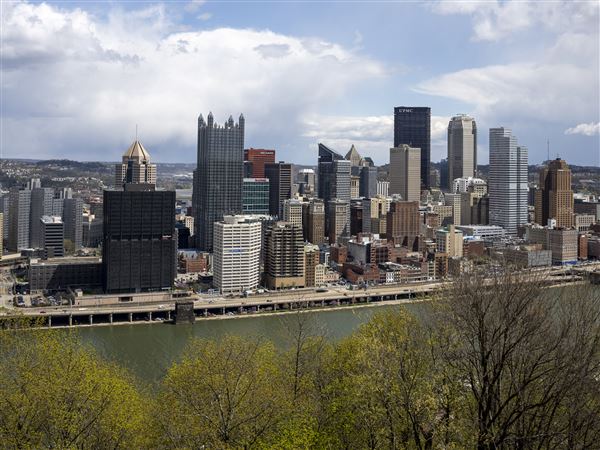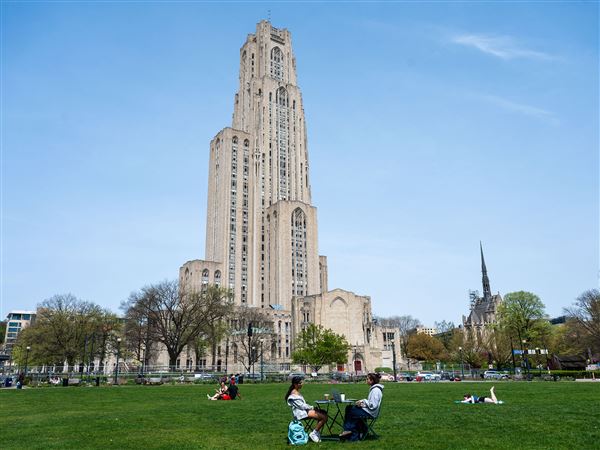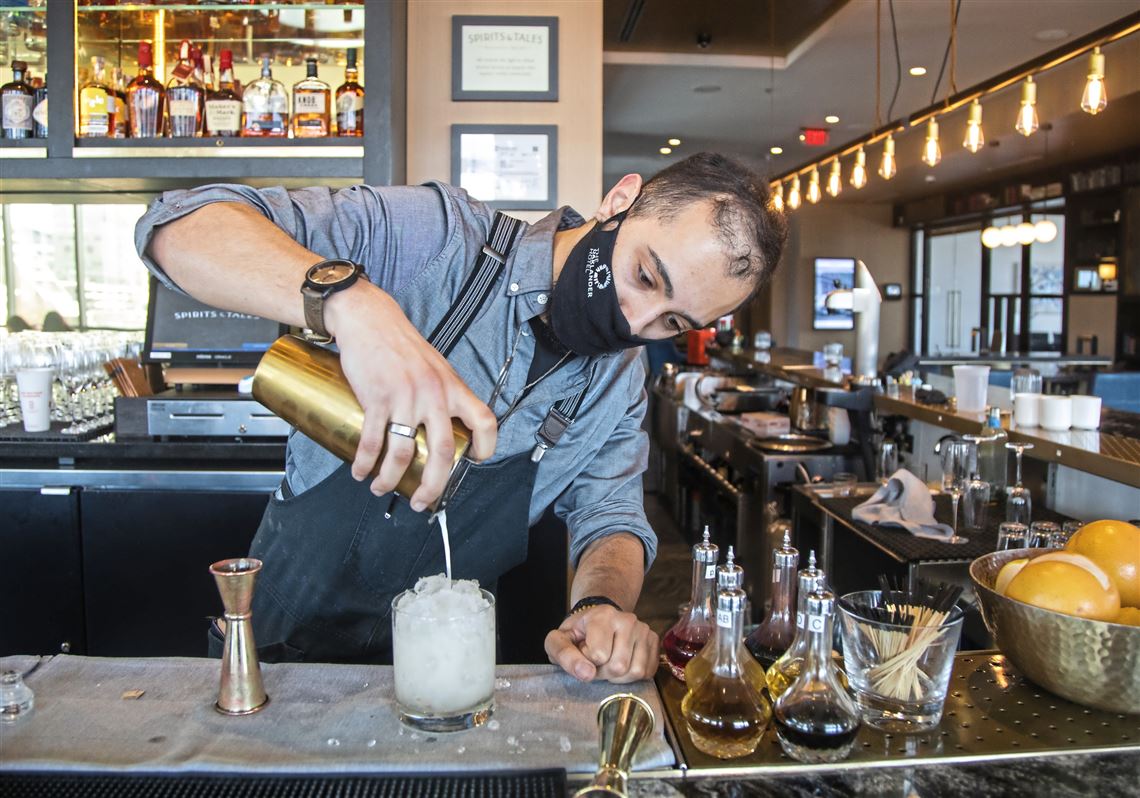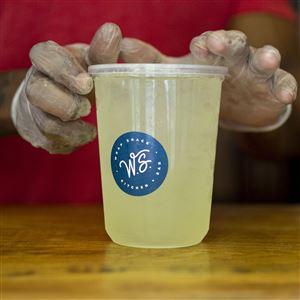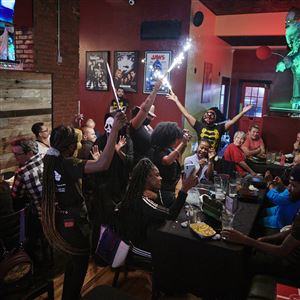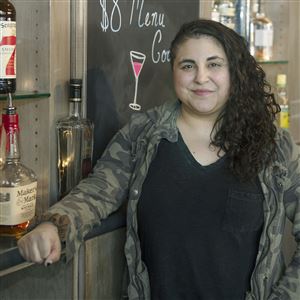Pennsylvania restaurants and bars are feeling what it’s like to be one of their patrons waiting to be seated at a table.
The state’s bars and restaurants have been waiting for months for the Legislature to act on legislation that will once again allow them to sell alcoholic beverages to go.
Up until June, a waiver of a liquor law allowed these establishments to sell what some call “roadies” or cocktails to go. Restaurants and bars brought in money from selling those drinks that helped to partially make up for the losses they suffered from the closures and restrictions placed on them as part of Gov. Tom Wolf’s COVID-19 mitigation strategy.
But they lost the temporary right to sell takeout drinks with the expiration of the governor’s emergency disaster declaration for the virus. And they want it back, permanently.
John Longstreet, president of the Pennsylvania Restaurant Lodging Association, called legislation that would accomplish that as “a commonsense, broadly supported way to give the restaurant industry key tools of recovery in the short term and business success in the long term.”
Besides that, he said, “It’s what the public wants.”
A House-passed bill that would achieve that objective awaits action in the Senate.
Senate Majority Leader Kim Ward, R-Westmoreland County, identified this issue as a fall priority for her chamber.
“Majority Leader Ward strongly supports cocktails to go and outdoor dining to assist struggling restaurants rebound from the COVID-19 pandemic. Our goal is to expand consumer choice while passing legislation that Governor Wolf will sign before the fall session concludes,” said Ward’s spokeswoman Erica Clayton Wright.
The key words in that statement are “legislation that Governor Wolf will sign.”
Wolf has signaled his willingness to sign legislation to permanently restore restaurants and taverns the ability to sell cocktails to go.
But the reason this issue is still an issue is Wolf opposes Republican senators’ effort to marry cocktails to go with expanding availability of alcoholic products known as “ready to drink” beverages. They are now sold exclusively in the state-owned Fine Wine and Good Spirits stores.
When the Senate last summer added language to the House’s cocktails-to-go bill to allow any liquor licensee to sell spirit-based ready to drink products, Wolf said he would veto the legislation if it reached his desk.
He saw it as a step too far in expanding liquor privatization beyond what his administration has allowed in opening up beer and wine sales in supermarkets and convenience stores. He accused Senate Republicans of prioritizing certain special interests over the need to support the bar and restaurant industry.
So that is where the issue was left in June when lawmakers departed for their summer recess. But for restaurants and bars, it remains a priority.
As recently as this week, Sen. Mike Regan, R-Cumberland/York counties, who championed the ready to drink addition to the House-passed cocktails-to-go bill, said his desire to pair the two remains.
“We’d like to see those two things go together but I’m open to talking about it,” Regan said.
Just as the state policymakers are divided over this issue, restaurant owners also aren’t exactly on the same page either.
While some favor limiting the legislation to cocktails to go, since that would be the quickest route to winning Wolf’s signature and bringing this option back on the drink menu, others think Regan has the right idea.
Marty Schoffstall, owner of SpringGate Estate vineyard & brewery with locations in Lower Paxton and Upper Allen Township, likes the path Regan wants to head.
“The commonwealth and the citizens of the commonwealth need to have more choices than they currently have and so that needs to be moving forward,” Schoffstall said. “Looking to the Fine Wine and Spirits stores as the solution to the problem was abandoned by 48 states in the nation long ago.”
He said the only people who have a problem with expanding access to ready-to-drink products are those with a bias favoring state-controlled liquor system.
Angelo Karagiannis, owner of Zembies in downtown Harrisburg, said he’s glad that the cocktails-to-go issue is still garnering attention in the Legislature but he has some misgivings about it too.
“I would welcome them back,” he said. “But it doesn’t seem like the most responsible thing to do.”
Karagiannis said people who walked into his establishment and left with drinks in hand were parked in garages or down the street so he had no way of knowing if they put the drinks in the trunk of their vehicle when they drove off, as the now-expired rule required.
He said owners of suburban establishments had the added responsibility to monitor that activity and make sure patrons weren’t consuming the drinks while on their premises.
Another concern raised during last summer’s discussion of the ready-to-drink products was that those drinks had a known level of alcoholic content in them that was printed on the side of the package. But with cocktails to go, that was left to a bartender’s discretion.
While those worries still linger, the statewide organization representing the restaurants and bars said the survival of their industry remains threatened.
Longstreet pointed to a recent National Restaurant Association survey from last month that found 77% of restaurants reported a decline in indoor dining in recent weeks. What’s more, 80% of owners are saying their sales are lower now than they were in 2019 prior to the pandemic.
“This harsh reality has most restaurant operators expecting the worst,” Longstreet said. “Twenty-one percent of operators don’t believe that operations will ever return to normal. If there is one thing restaurant owners and employees can be certain of, it is continued uncertainty.
“The Legislature acted to extend important waivers for other parts of Pennsylvania’s impacted industries – it is now time to show that same support and action to a bill that would help the restaurant industry.”
First Published: October 21, 2021, 1:12 p.m.





